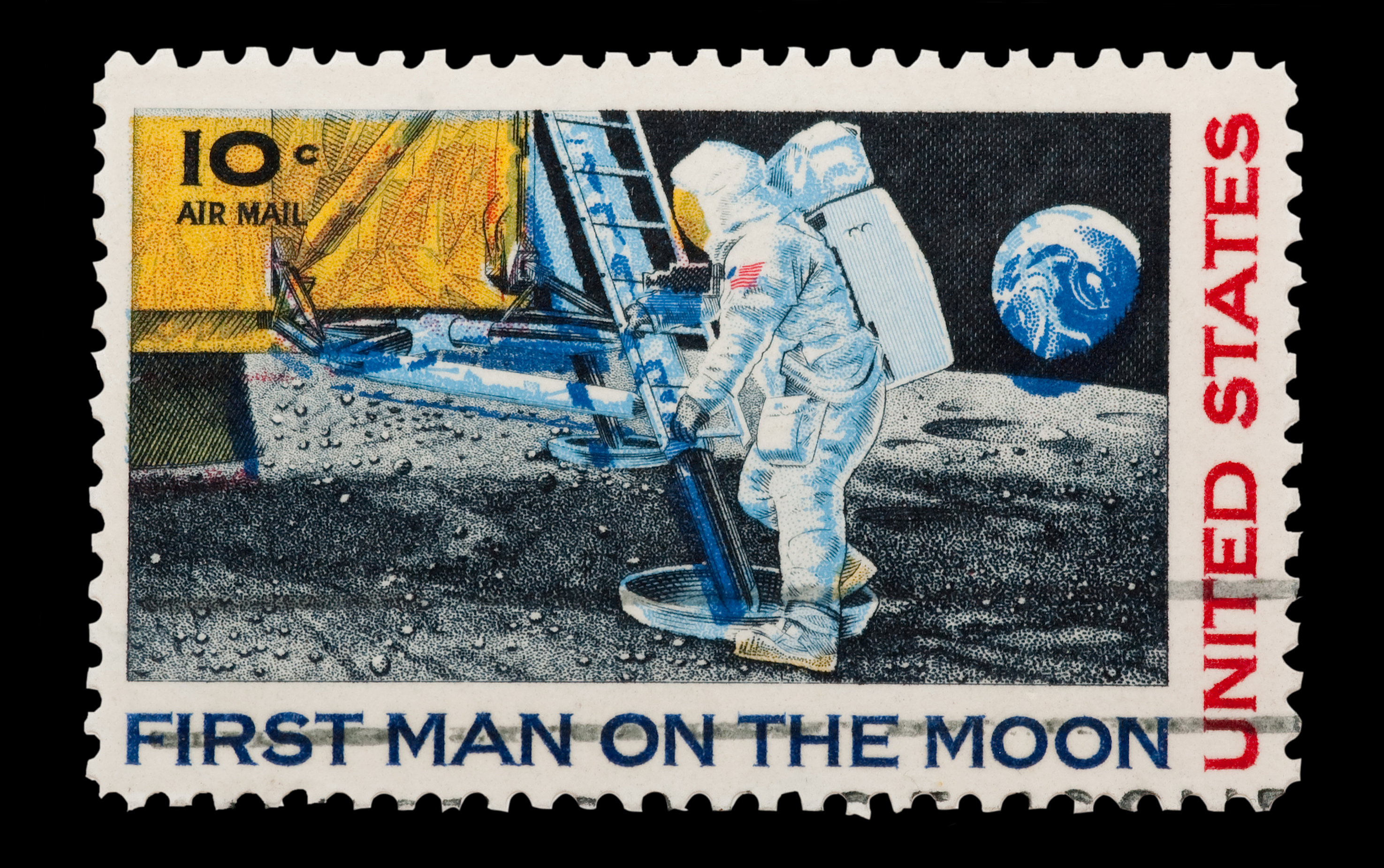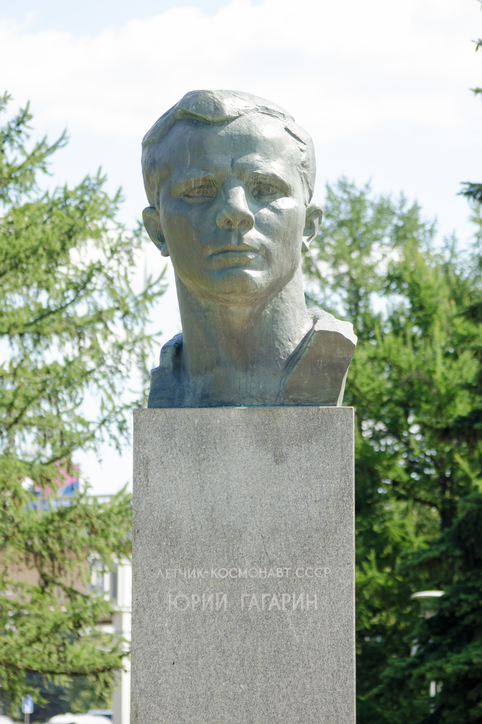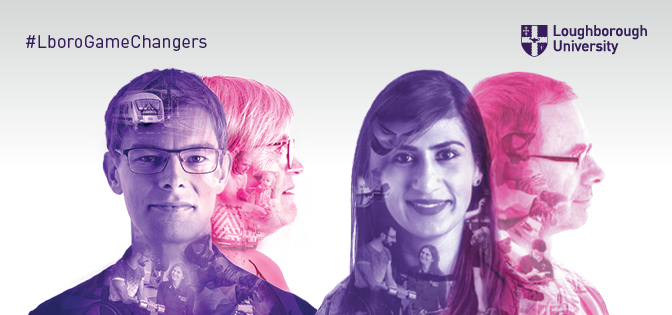In 1969, the United States successfully built, guided, piloted and landed the Apollo 11 spacecraft on the Moon ending the space race.
Despite NASA’s ultimate lunar success, Soviet cosmonaut Yuri Gagarin had been first to reach space and orbit the Earth, Sputnik had been the first satellite, Luna 2 was the first manmade object to reach another celestial body, Valentina Tereshkova was the first woman in space and Alexei Leonov was the first person to complete a spacewalk.
As far as the achievements went, the Soviet space programme was in front.
But the developing technology that drove the battle between the USSR and USA meant great advances in science which benefitted many more people around the world.
It also inspired the next generation of scientists, engineers and explorers.
Here, three Soviet-born Loughborough University academics give their views on one of mankind’s greatest achievements.
“Growing up, I saw a lot of TV programmes about cosmonautics and astronautics,” said theoretical physicist Professor Sergey Saveliev, of Loughborough School of Science.
“I saw a lot of documentary films – both Soviet ones featuring people such as Yuri Gagarin, and films about the Apollo missions.”
Prof Saveliev was born in the same year Neil Armstrong left his mark on the Moon.
Living in Moscow, he remembers the influence it had.
"There were many movies, books and stories about science and public perception of the importance of science was very high which was partly motivated by the space race.
“The period had an influence on me, and it was one of the motivational factors for following the career path I did, but more important was the overall promotion of science.
“One thing that I remember from the time was that science was very prestigious and competition for high-quality education was enormous.”
In 1996, Prof Saveliev was awarded his PhD from the Theoretical Physics Department, Moscow Engineering Physics Institute, Russia.
He joined Loughborough in 2006 and is researching ways to improve artificial intelligence.
Professor Anatoly Neishtadt, of Loughborough’s Department of Mathematical Sciences, worked at the Space Research Institute of USSR Academy of Sciences, now the Russian Space Research Institute in Moscow.
He said: “The Apollo 11 mission, as well as the whole NASA moon landing programme, is a great achievement.
“It is a singular peak in space exploration and came as a result of the space race between USSR and USA.
“As a technological and scientific achievement, it came well ahead of its time.”
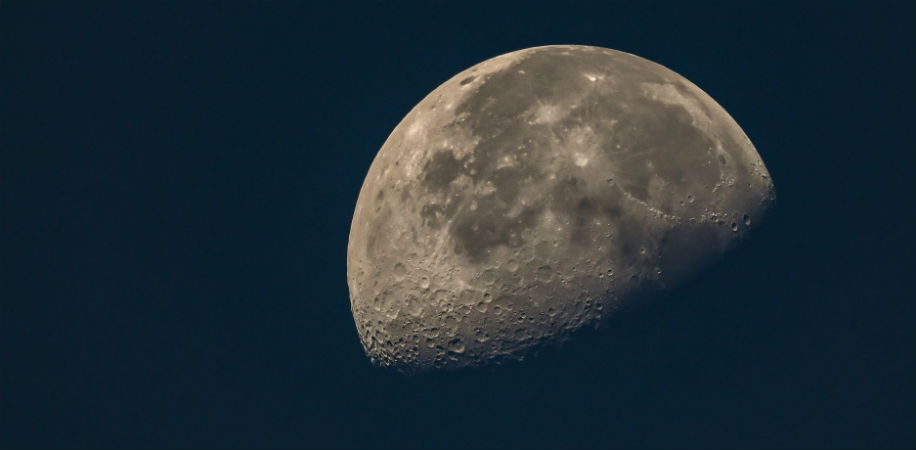
Loughborough’s Head of Physics Dr Alexandre Zagoskin was five years old at the time of the Apollo 11 landing.
Born in Kharkov, in the USSR – currently in Ukraine – he admits he doesn’t remember much of the technological scramble between the Americans and Soviets.
And, 50 years on, Dr Zagoskin is less enthusiastic about the furtherment of space exploration.
“Now, I feel just a great disappointment,” he said.
“Fifty years were mostly wasted on blowing and bursting financial bubbles, developing virtual realities and entertainment, and producing, marketing, selling and disposing of 1,001 versions of products nobody really needs in the first place.
“If only a fraction of the budgets of superhero and StarWars movies and games was spent on real space exploration and related technologies, humanity would have something better to show.”
The emergence of companies such a Space X, Blue Origin and Virgin Galactic – each with its own very public billionaire figurehead – cannot replicate the advances of the 1960s, said Dr Zagoskin.
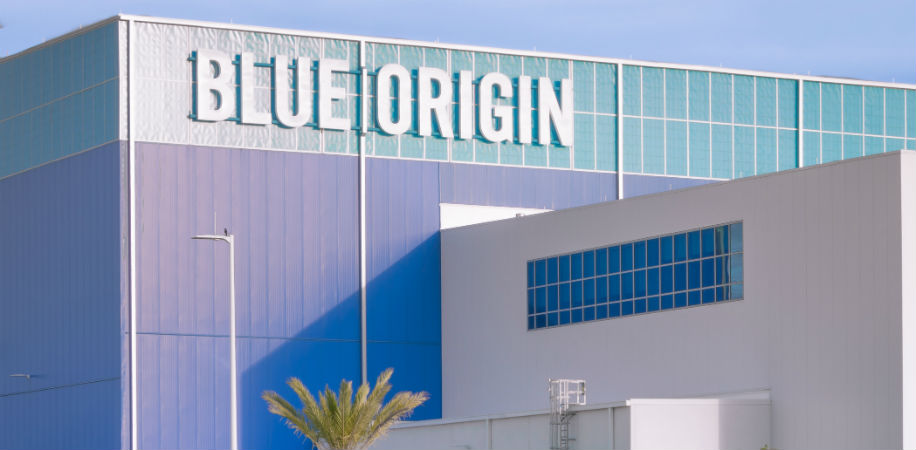
“Private enterprises like (Elon Musk’s) Space X heavily depend on state-funded know-how – from NASA, for example – and massive government contracts.
“It’s an approach based on a strange belief that once something is run privately, it will be automatically cheaper and better… like G4S during the Olympics.
“I would not count on space tourism as an alternative source of revenue and a stimulus for technology development either.
“If that was the case, Nepal, with its hordes of tourists crawling up and down the Mount Everest, would have already become a major power.
“What remains is communications and observation satellites – but their deployment does not need any serious development of space technology beyond what existed for the last 50 years.”
ENDS
